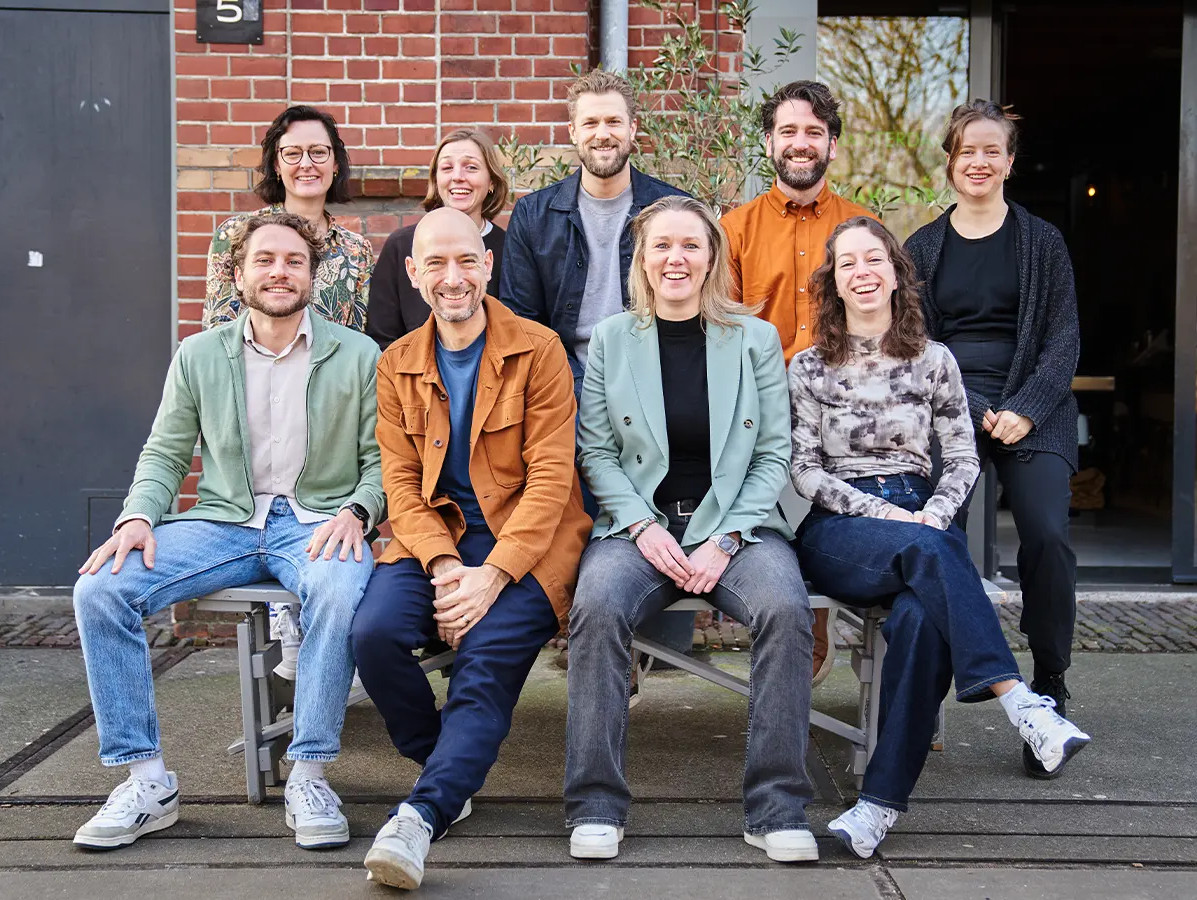
When a chef develops a new, sustainable application, that knowledge often stays within the kitchen. Low Food and Stichting Ontwikkelingsfonds Levensmiddelenindustrie (SOL) want to change that. Through their collaboration, innovation from Low Food’s culinary network becomes more widely accessible to the food industry. This means groundbreaking ideas won’t remain confined to restaurants but will also make their way into products and production processes.
One of the key focus areas of this partnership is research into underutilized sustainable ingredients. The ‘Low Food Labs’ have previously explored the potential of soy milk byproducts, duckweed, and grass protein. In the coming months, new labs will take place, where participants will study culinary applications for chestnuts and spirulina, among others. By bridging the gap between these discoveries and food producers, these innovations can be translated more quickly into concrete, scalable solutions.
SOL helps Low Food reach a wider audience within the food industry and provides organizational and financial support for initiatives such as the Low Food Labs, the Chefs Academy, and professional training programs. This is part of SOL’s FIT2030 program, which is funded by the Dutch Ministry of Social Affairs and Employment.
Joris Bijdendijk, co-founder of Low Food, emphasizes the impact of this collaboration: “The Nordic cuisine has proven that gastronomy can spark a movement that transforms not only kitchens but the entire food system. With SOL’s strong roots in the food industry, we can ensure that Low Food’s innovations reach even more places. Through this partnership, we are building a future where sustainability is not the exception but the standard – from fine dining restaurants to supermarkets.”
Claudia Lette, director of SOL, also sees major opportunities: “The food industry is a sector undergoing rapid transition. We believe that healthy, skilled, and motivated employees are the foundation of a sustainable and innovative industry. Partnering with an innovative organization like Low Food demonstrates just how much potential for change this sector has.”
Source: Low Food